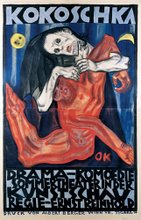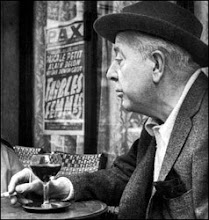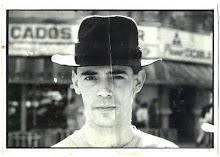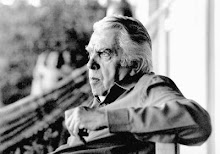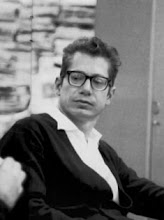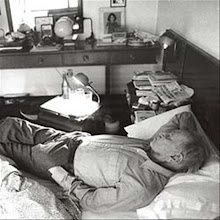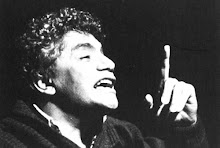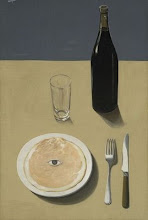Shock doctrine logic is entirely in keeping with Trump’s view of the world. He unabashedly sees life as a battle for dominance over others — and he keeps obsessive track of who is winning. In his much-selfcelebrated negotiations, the questions are always the same: What’s the most that I can get out of this deal? How do I exploit my adversary’s weakness?
In a particularly candid moment on Fox & Friends in 2011, he described a deal he made with former Libyan leader Muammar Qaddafi like this: “I rented him a piece of land. He paid me more for one night than the land was worth for the whole year, or for two years, and then I didn’t let him use the land. That’s what we should be doing. I don’t want to use the word screwed, but I screwed him. That’s what we should be doing.”
If Trump extracted predatory terms only from despised dictators, few tears would be shed. But this is Trump’s attitude to all negotiations. In Think Big, one of his how-to-be-like-me manuals, he describes his negotiation philosophy this way: “You hear lots of people say that a great deal is when both sides win. That is a bunch of crap. In a great deal you win — not the other side. You crush the opponent and come away with something better for yourself.”
This cold-blooded enthusiasm for exploiting the weakness of others has shaped Trump’s career as a real estate developer, and it is a trait he shares with many members of his administration. It’s worrying for what it tells us about not only the atmosphere of chaos his team appears to be consciously cultivating but also, far more alarmingly, how they might exploit any larger crises yet to come.
Naomi Klein

![[...]](https://blogger.googleusercontent.com/img/b/R29vZ2xl/AVvXsEjeNC2Kyxd34r2LuofHe9-vdXHeHwG3_2NhVmIOTlK2moU0Q4R7taMlS8iMmQgEl1-NdaRsPrLdREzfQZYKfUgjslwLZUZe67dAfFBREu-YRx6WGX-vAUt5eJT4_-lFwT4dGzGCQQ/s220/11798115_858304687558226_1857652538_n.jpg)
